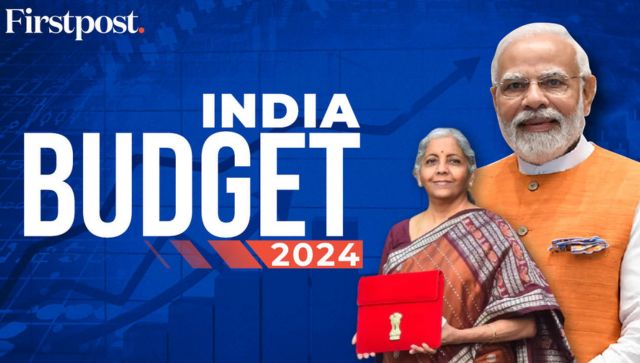New York: There was a glimmer of hope as the deadline for possible US government default inched closer. The Obama administration on Monday offered some conciliatory language that could help lead to a deal to prevent a potential default on 17 October. The White House indicated it could support a temporary increase to the nation’s borrowing limit.
The US Treasury has said it could as soon as 17 October have trouble paying bills because it will run out of room to maneuver under a $16.7 trillion borrowing cap set by Congress. With the deadline fast approaching, White House adviser Gene Sperling said the Obama administration could accept an increase that lasts a few weeks, allowing the Obama administration and Republicans more time to negotiate.
“It is the responsibility of Congress to decide how long and how often they want to vote,” Sperling said at a breakfast organized by Politico. “The important thing is that they not threaten default.”
White House spokesman Jay Carney later told reporters that “I’m not ruling out” a debt ceiling increase of any particular length of time, but that he believed a longer one was better because it would provide certainty after what Obama characterized as “manufactured crises.”
With parts of the US government shut down for a week and counting, the focus of ending a political impasse on Capitol Hill is shifting to the debt ceiling deadline. Experts say that failing to raise the debt ceiling by mid-October when the US government will run out of money to pay its bills, would impact the US economy, and perhaps even throw it back into recession. The shock wave would naturally be felt around the world and trigger a global slowdown.
Unsurprisingly, all three major US stock indexes fell on Monday with the Dow Jones Industrial average losing 136 points, or nearly 1 percent.
What are the sticking points?
At issue is how to reach an agreement to fund the US government in the newly started fiscal year and raise the $16.7 trillion debt limit. Republicans, intent on shrinking the government while trying to weaken Obamacare, are demanding that any agreement on funding for the new fiscal year and raising the debt limit include their priorities.
Republicans are insisting that a deal to raise the debt ceiling must include deficit reduction steps that would lower costs of entitlement programs such as Medicare, Medicaid and Social Security and defund Obama’s signature health care reforms passed by Democrats in 2010 and upheld by the Supreme Court last year.
Republicans have voted to repeal Obamacare more than 40 times and said they want to dismantle parts of the 2010 health law, the Affordable Care Act in exchange for voting in favor of funding the government and raising the nation’s debt ceiling.
Tiresome, this line of rhetoric
President Barack Obama reiterated on Monday that he will not negotiate with Congress while the country was under threat of a possible debt default.
“We’re not going to establish that pattern,” Obama said, adding that “we’re not going to negotiate under the threat of a prolonged shutdown until Republicans get 100 percent of what they want.”
Obama also challenged House Republican Speaker John Boehner to bring up “clean” government spending bill for a vote to end a partial government shutdown that began last Tuesday.
House Speaker Boehner said on Sunday there will be no debt limit increase and no end to the partial government shutdown unless Obama and Senate Democrats negotiate a broader agreement with House Republicans. On Monday, he repeated his accusation that Obama was refusing to hold talks with Republicans, even with the looming specter of economic catastrophe.
“The American people expect that when their leaders have differences and we are in a time of crisis that we will sit down and at least have a conversation,” Boehner said. “It is time to have that conversation before our economy is put further at risk.”
We have been here before
There is a feeling of dj vu as the often dysfunctional US Congress failed to come to a bipartisan agreement on raising the debt limit in the summer of 2011 endangering America’s credit rating. Consumer confidence plummeted after lawmakers squared off over the debt ceiling while Standard & Poor’s 500 stock index dropped nearly 20 percent. Ever after a deal was struck to raise the cap in August 2011, Standard & Poor’s downgraded the US government’s credit rating to AA+ from AAA.
In the post-World War II era, Treasuries and the greenback have for better and for worse served as the foundation of the global financial system. A default would shatter the faith on which that system relies. Treasury bonds are the foundation of the US and global financial systems. Their yields serve as benchmarks for interest rates on mortgages and corporate bonds.
)
)
)
)
)